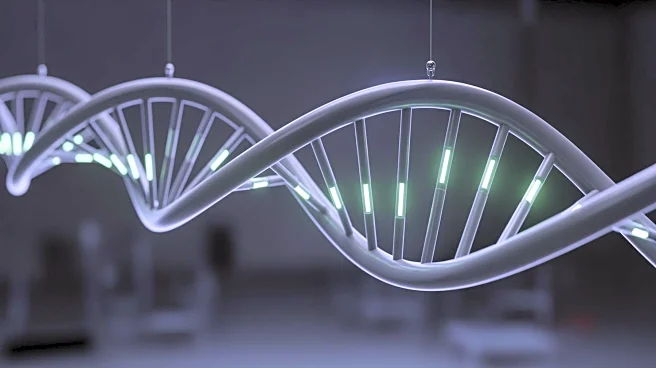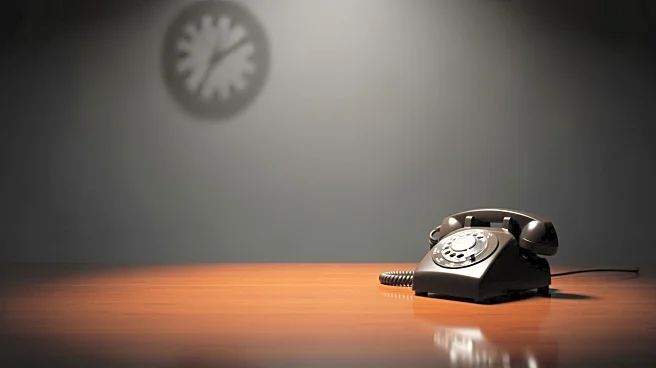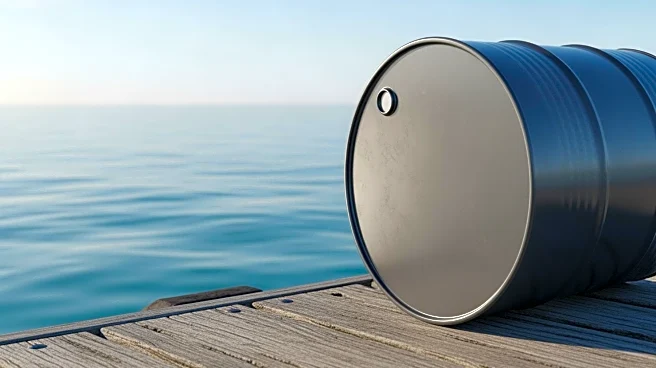It appears the story regarding Connor Stalions and the case with the NCAA is only just beginning.
CBS News Detroit was provided information from a private investigator on Monday evening that shows the student-athlete
listed in the 79-page report from the NCAA as “student-athlete 1” that lied about former linebackers coach Chris Partridge is the exact same person that recorded a phone call with Stalions without his consent. All these materials were provided to an unknown third party private investigation firm, which was later then handed over to the NCAA to help it begin the case. CBS News Detroit also reported that student-athlete was a former Michigan Football player.
But it didn’t stop there:
“The private investigator presented evidence that the same student-athlete who lied to the NCAA regarding Partridge – and who recorded a phone call with Stalions – took videos from the former Michigan staffer’s personal computer in an unauthorized manner, and handed the videos over to the unnamed private investigation firm, which turned them over to the NCAA within 24 hours to start the NCAA investigation,” CBS News Detroit reported.
Odey K. Meroueh, an attorney at Meroueh & Hallman LLP, spoke with CBS News Detroit for this story and believes Michigan would have a legitimate case in state court should it appeal the NCAA’s decision.
“It’s been alleged there has been some evidence that was illegally obtained in this matter … that does matter in state court,” said Odey K. Meroueh, an attorney at Meroueh & Hallman LLP. “The NCAA administrative body makes its own rules while in state court… the difference is that the state and the judge make the rules.
“With the NCAA, they might not care where the evidence is coming from. They don’t have rules against that, but in the actual state court, similar to a criminal trial, when there’s evidence that’s obtained illegally, it’s called fruit from the poisonous tree, and in that case, anything obtained from that evidence is deemed inadmissible, which would render the case against Michigan dismissed.”
The NCAA refused to provided Michigan with where it got its evidence from for this case. Now, we know that it was a former player inside the program itself. It’s rather unfortunate because this former player ended up getting Partridge unrightfully fired — and later exonerated by the NCAA — and was very likely a player in Partridge’s linebacker room.
Needless to say, it sounds like this is just the start of the unraveling of who exactly provided this information to the NCAA, and why. Buckle up, folks.









